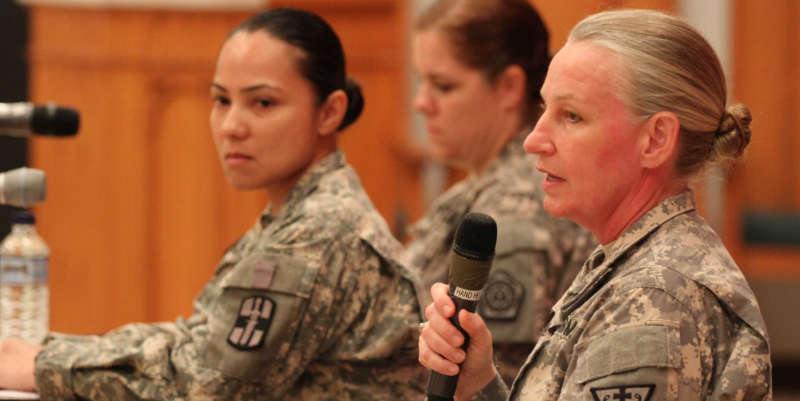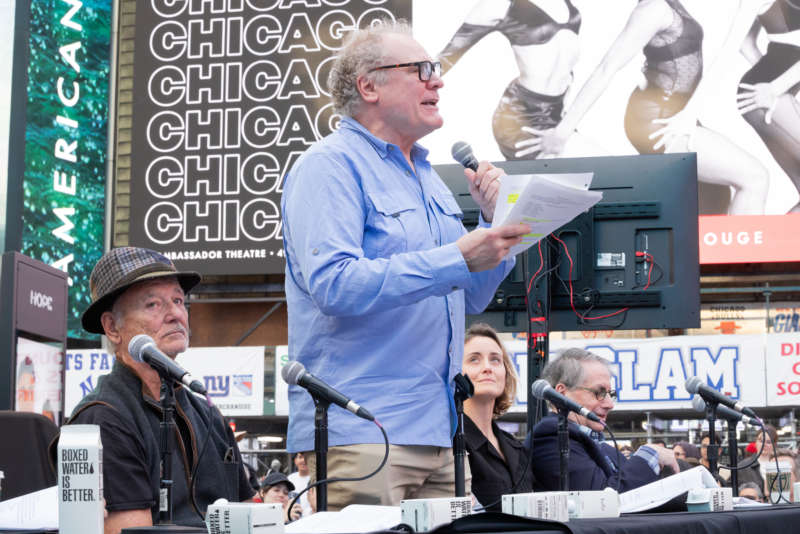Open to Public
Dionysus Project
Thu, Sep 06.2012
About the play
-
The Bacchae by Euripides
First produced in 405 BC, Euripides' Bacchae tells the ancient story of the arrival of Dionysus, the god of wine and intoxication, in Greece. When Dionysus comes to the city of Thebes, he liberates the people from their homes, sending the citizens - dancing and drinking - into the hills. A young king, named Pentheus, tries to subdue the revelry and restore order to his city, waging an all-out war against the god. But when Pentheus first tastes the drug that has ravaged his city, he too succumbs to its power and is murdered by his own mother, in a deranged state of intoxication.
Explore Projects
-
 HomelessnessThe Oedipus at Colonus Project
HomelessnessThe Oedipus at Colonus ProjectThe Oedipus at Colonus Project presents readings of scenes from Sophocles’ final play, Oedipus at Colonus, as catalyst for powerful, community-driven conversations about homelessness, the immigration and refugee crisis, and the challenges of eldercare during and after the pandemic.
-
 Consent & Sexual ViolenceTape
Consent & Sexual ViolenceTapeTape has been developed as a sexual assault awareness and prevention training program that uses dramatic readings of Stephen Belber’s 1999 play to ignite powerful discussions about consent, sexual assault, rape, and power dynamics.
-
 Pandemic & Climate CrisisAn Enemy of The People
Pandemic & Climate CrisisAn Enemy of The PeopleAn Enemy of the People presents acclaimed actors, public health leaders, scientists, journalists, elected officials, and local community members performing dramatic readings of scenes from Henrik Ibsen’s 1882 play An Enemy of the People to help frame powerful, guided audience discussions aimed at generating connection, understanding, compassion, moral repair, and much-needed healing. The play tells the story of a doctor who discovers the water supply in his small, rural town has been poisoned by a tannery. Despite his efforts to convey the truth to the public, the doctor fails to save his community from environmental disaster and is ultimately scapegoated for his whistleblowing. An Enemy of the People was first performed in Norway in 1882, and yet it speaks to the present moment as if it were written for our times — to the corrosive influence of power and money in politics, the distortions of the media, and the many other challenges to public health in our culture today, especially during times of crisis.